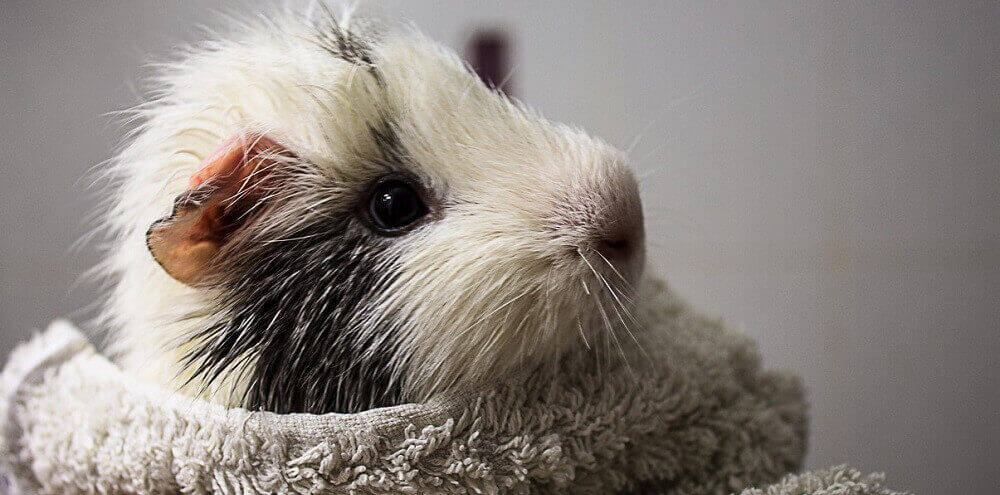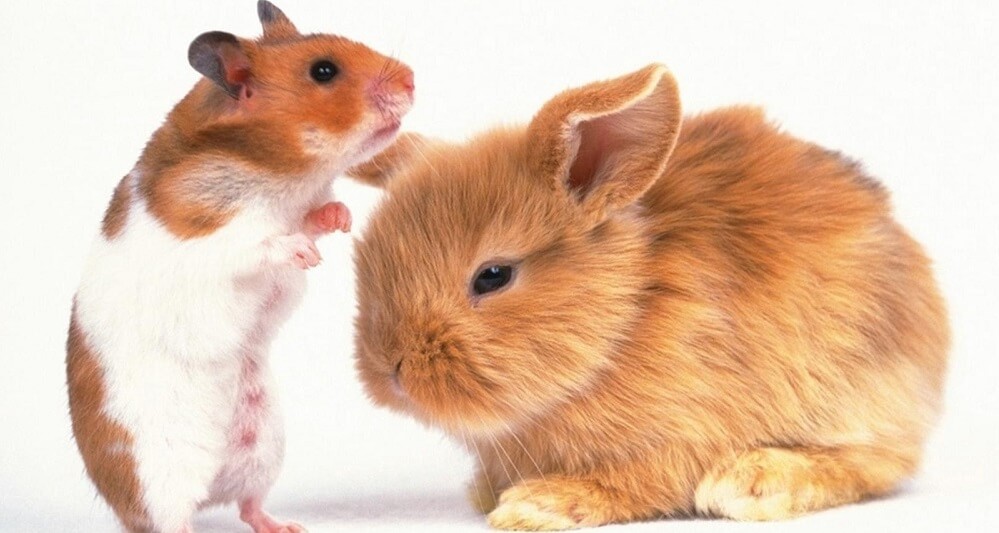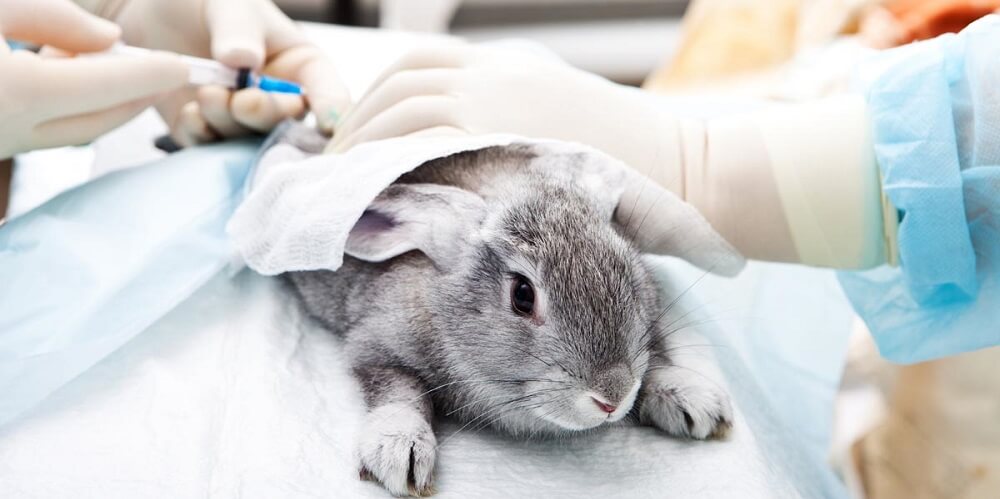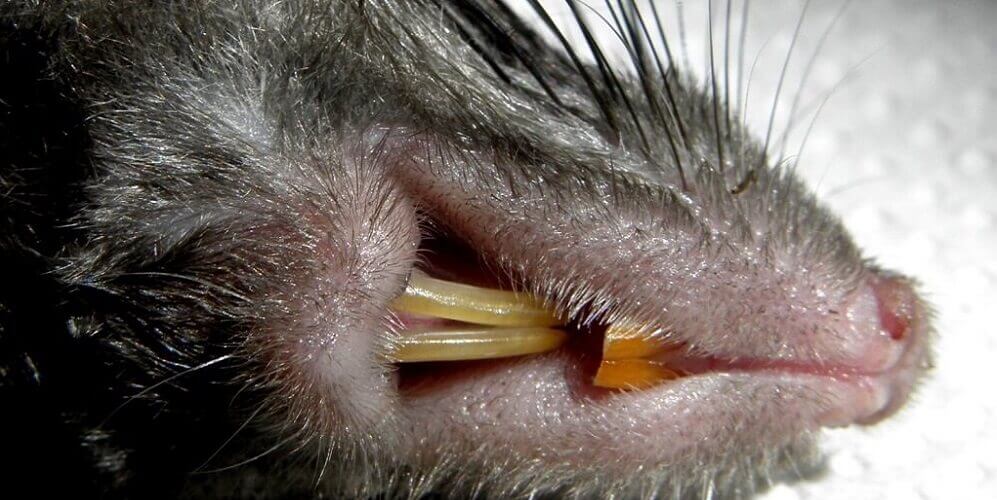A significant gap in veterinary medicine characterizes pet rodent diseases because rodents have recently become popular as pets. In addition, sometimes diseases are asymptomatic, but you can still learn to identify the malaise of a rodent. Let’s first consider the list of the most common diseases in rodents: respiratory diseases, anorexia, allergies, tumors, and overgrown teeth.
What are the signs of disease in an animal? Respiratory diseases, which are also quite common in pets, have the following symptoms: leakage of mucus from the nasal cavity and eyes, difficulty breathing, coughing, wheezing, and breathing with an open mouth in severe infections (pneumonia). Animals with pneumonia often stop eating and become lethargic.

Bordetella (whooping cough) bacteria is one of the common causes of respiratory tract infections in guinea pigs, which can be fatal if not treated promptly. Therefore, keeping a pig and a rabbit in a different place is advisable. Diseases and treatments of rodents can occur in various ways.
Exposure to mycoplasma, which can cause respiratory infections and often lead to chronic respiratory disease, usually causes respiratory problems in mice and rats.

Rodent diseases and their treatment require complete human control. At the slightest sign of respiratory diseases, everything that can cause allergies must be excluded: dusty bedding, aromatic incense with a strong cedar smell, and constantly kept clean cages and bedding.
Respiratory diseases are readily diagnosed based on clinical signs. Radiographs can confirm the diagnosis. For infectious diseases, treatment with antibiotics is indicated.

Rodent teeth can cause pet apathy.
Another common sign of illness is anorexia and lethargy in pets. All rodents have a fantastic property of teeth—their growth throughout life. The growth can sometimes be painful, causing the animal to refuse to eat.
Sometimes, guinea pigs, chinchillas, and rabbits (although rabbits are technically lagomorphs rather than rodents, they have teeth that constantly grow) suffer from overgrown molars or back teeth that make eating difficult or even painful.

It is worth remembering that treatment should be carried out by a doctor who treats rodents since incorrect or untimely actions endanger the well-being and life of your beloved pet!




